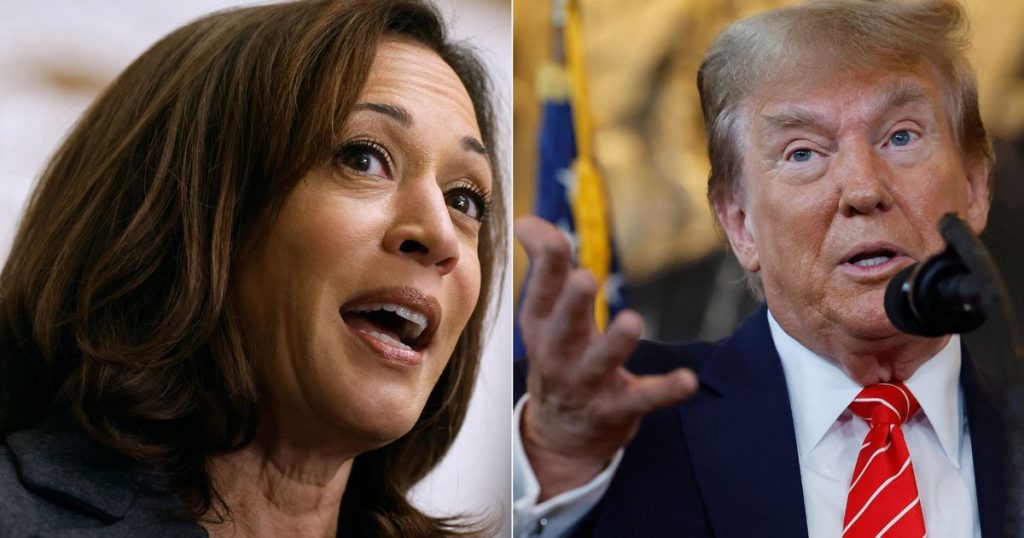Clinical psychologist Jennifer Noble, who specializes in helping parents of mixed-race children and is Black and Sri Lankan herself, was annoyed by former President Donald Trump’s comments questioning Vice President Kamala Harris’ ethnic background. Trump suggested that Harris had only promoted her Indian heritage and that she just “happened to turn Black” for political reasons. By openly questioning Harris’ ethnic background, Trump perpetuated a common expectation faced by mixed-race people: that they can’t be both. Despite a growing number of Americans identifying as more than one race, we still struggle to talk about multiracial experiences.
Many mixed-race people face pressure to pick a side and are often judged for not being “enough” of one ethnicity or another. They may be viewed as confused, lost, or deceitful if they acknowledge both of their races. This can lead to negative mental health outcomes, with identity denial being a common stressor for multiracial Americans. Studies show that biracial individuals may experience increased stress when their identities are denied or rejected. Trump’s own vice presidential candidate, JD Vance, has defended Trump’s comments about Harris, further perpetuating harmful stereotypes about mixed-race individuals.
The social construction of race in the U.S., characterized historically by the “one-drop rule,” has led to challenges in accepting multiracial identities. Trump’s messaging on race, including his recent comments about Harris, carries weight and can contribute to the normalization of questioning mixed-race people’s identities. Psychologists and researchers warn that denial or questioning of mixed-race individuals’ identities can have detrimental effects on mental health and feelings of belonging. The inability to accept or understand multiracial experiences further contributes to the challenges faced by mixed-race individuals in society.
Mixed-race individuals like Sarah E. Gaither have experiences of being denied or questioned about their racial identity, illustrating how deeply ingrained racial stereotypes and assumptions are in our society. Gaither emphasizes the need to reshape what race means and to promote acceptance of diverse racial identities. The continued denial and questioning of mixed-race individuals’ identities, exemplified by Trump’s comments about Harris, reflect broader issues of prejudice and racism in society. Researchers and psychologists highlight the importance of creating a more inclusive and accepting society for mixed-race individuals.
Psychology professor Analía Albuja is concerned about the potential implications of Trump’s comments on questioning mixed-race identities, citing research that suggests prejudice towards targeted groups becomes more acceptable after such messaging. A growing number of mixed-race individuals face challenges in asserting their identities and are often expected to justify or explain their backgrounds to others. Mixed-race individuals like Ayumi Matsuda-Rivero emphasize the right to express their identities on their own terms, without having to provide explanations to others. Ultimately, promoting understanding and acceptance of multiracial experiences is crucial in creating a more inclusive society for all individuals.








